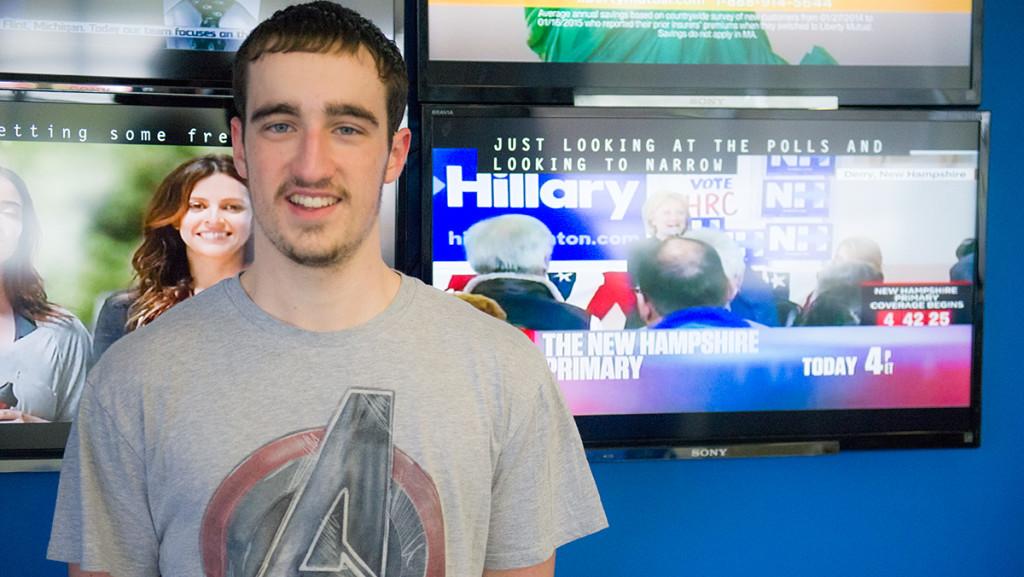Throughout the course of his campaign, Bernie has talked about his strategy to grow the middle class. He wants to double the national minimum wage to $15 an hour, more aggressively regulate Wall Street, increase taxes on the rich and give people a lot of free stuff. The problem with this is that it is too extreme. Requiring small businesses to pay both their workers and the government more, as well as submit to new regulations, is simply bad economics. Not only would it risk putting a lot of small businesses out of business, but it would also likely force them to raise prices very rapidly resulting in a higher cost of living. A higher cost of living would make his so called “living” wage no longer a living wage. It would also risk shrinking the middle class even further than it has shrunk over the past 15 years.
In addition to hurting the middle class, Bernie’s proposals would also hurt our nation’s finances. The Tax Foundation, a nonpartisan research group, recently analyzed some of Bernie’s tax plans. They concluded that his tripling of the top capital gains tax, his 6.2 percent tax on employers, as well as the other slew of tax increases he has proposed would reduce GDP growth by at least 9.5 percent over the next ten years. This drop in economic growth would put tax revenues at roughly $4 trillion less than what his campaign has projected. In addition, his single-payer health care proposal accounts for an increase of $1.4 trillion of spending per year. But as his campaign suggests, annual healthcare spending last year was over $3 trillion. With Medicare and Medicaid expenses accounted for, his plan assumes that he will be able to save upwards of $700 billion a year. Considering the fact that this program will cover a total of 320 million people with 30 million people added to insurance claims, the likelihood of saving this much money is very low. This, by the way, would be by far the largest country in the world to offer its people a single-payer health care program. You do not have to be a billionaire to understand that the only “bern” we would feel under these policies would be the “bern” of our nation’s finances.
Aside from his terrible economic ideas, Bernie Sanders also has another problem: He will be unable to work with Congress. His entire plan to get anything done during his administration hinges on one factor: that his campaign will inspire a movement that will wipe Republicans out of Congress. While he may be able to regain the Senate (the odds of which are not currently in his favor), it is very unlikely that he will be able to regain the House. The Republicans greatly outnumber the Democrats there and have gerrymandering on their side as well. Even if he is able to do that (which he won’t), it is even more unlikely that he will be able to get enough Democrats to go along with this. None of his colleagues in the Senate and only two of his friends in the House have endorsed him. In this way, he is essentially selling people a bunch of fairy tales.
This is exactly what is wrong with Washington right now. Politicians love to peddle fiction and none of them are willing to work with the other side to make deals. Republicans and Democrats in D.C. both want to destroy each other and refuse to make compromises. The extremists running for president, whether it is Bernie Sanders, Ted Cruz, or Donald Trump, will never be able to get anything done so long as they are unable to work with the other side. They will just continue the same old dysfunctional partisan game. If we truly want to make America great again, we need to elect a dealmaker, someone smart and experienced like John Kasich.
Ryan King is a freshman journalism major. Email him at [email protected].














